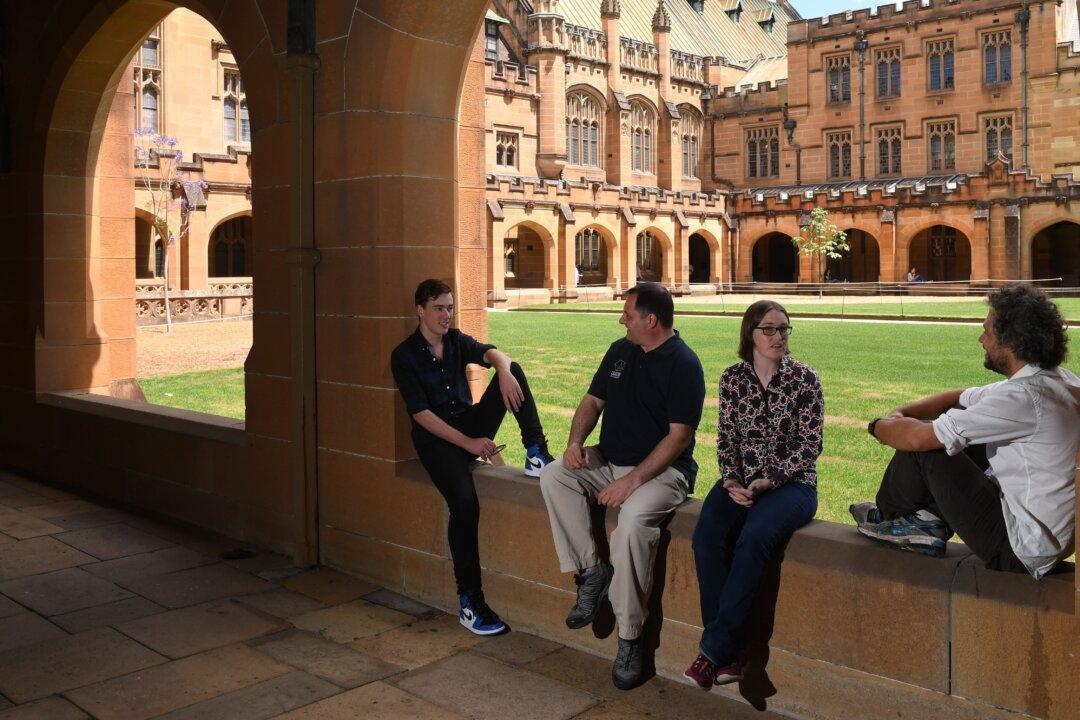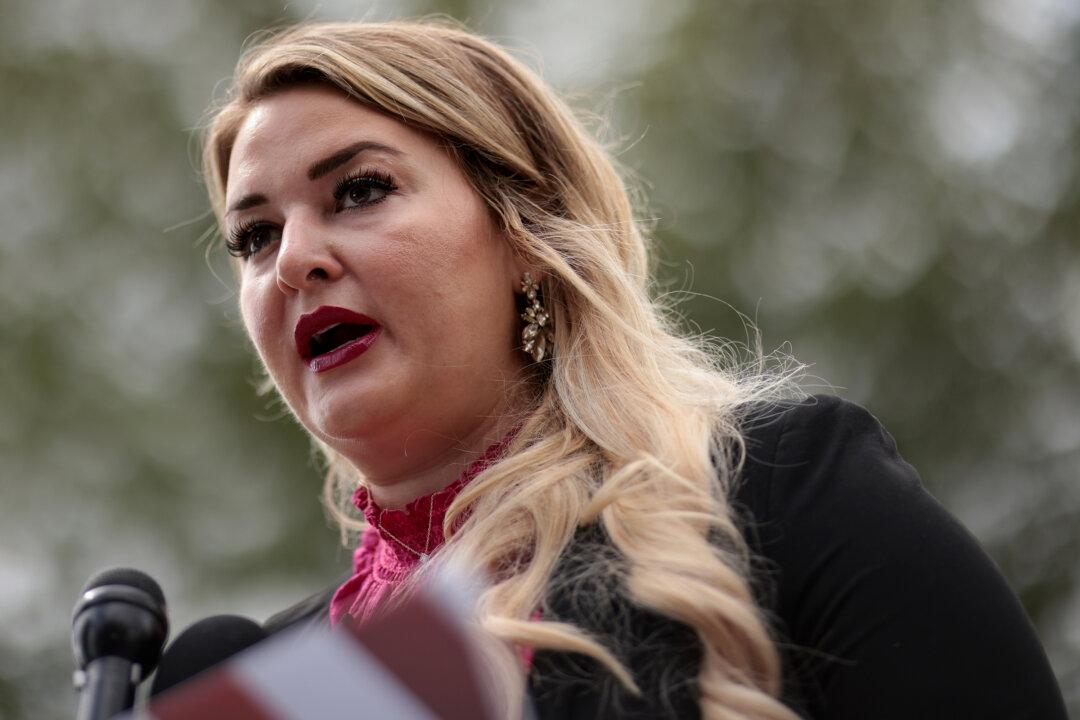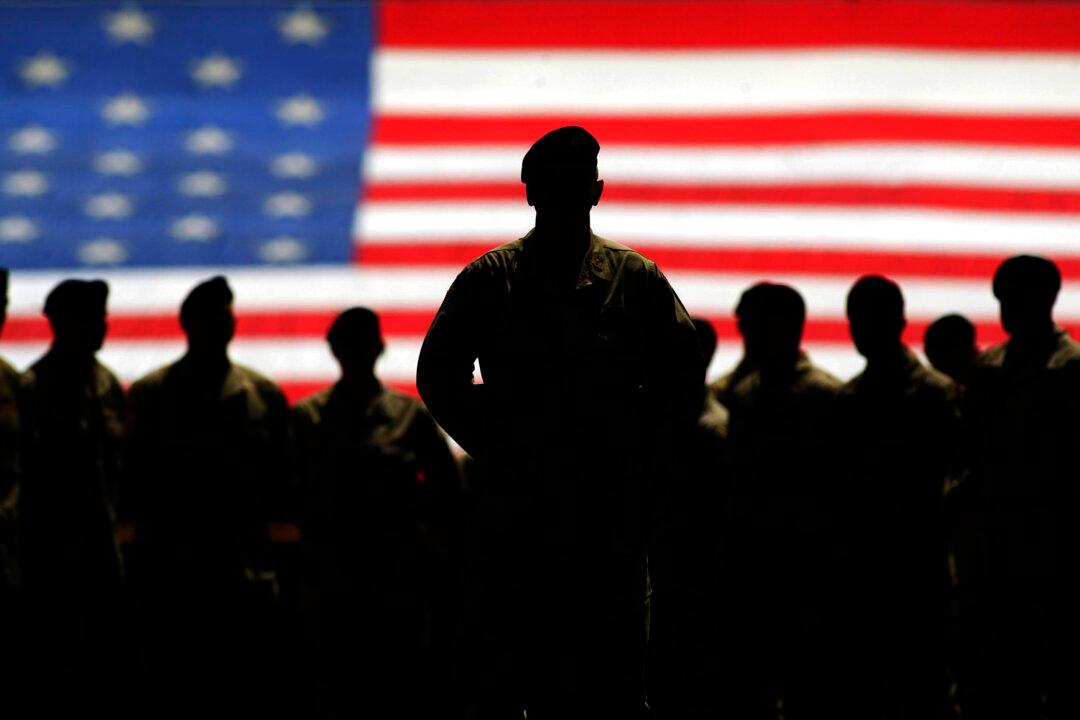How do we learn to trust each other again? That question has been on my mind a lot lately and it’s probably been on yours, too. There’s been so much damage to the fabric of our society over the past year that it’s hard to imagine how we’re going to bring it back together.
It’s part of the social tension between us and everyone else that interferes with our higher purpose and goal to maintain a society of abundance and individual freedom. It’s really pronounced right now—and it could get even tougher.






